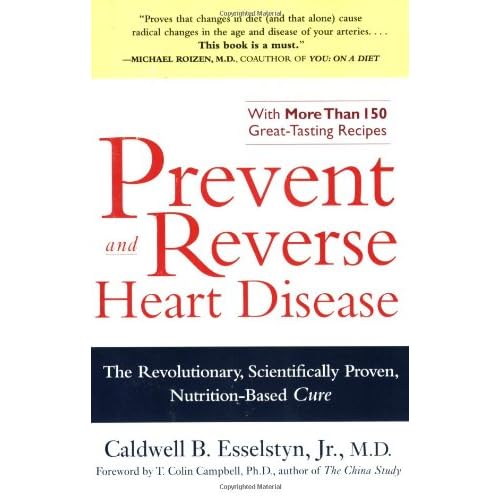Since I have just written a little novel, I found myself interested in a fascinating wide-ranging interview in The Hindu newspaper, unabridged online entitled "
Writing and writing is my happiness". Nirmala Lakshman interviewed
Orhan Pamuk, Winner of the 2006 Nobel Price for Literature, and author of such books as
My Name is Red, Snow, The Black Book, and
The Museum of Innocence.
Orhan Pamuk The Hindu
Here are excerpts about writing:
In Museum of Innocence, he looks at the spirit of the nation through love "where all these issues of love in a society where sex outside of marriage is problematical, and there is the taboo of virginity...Even in the Turkey of the 1970s, among the so-called upper class bourgeoisie the space for the lovers to meet, to talk, to develop, to explore their love is limited." It's a place where lovers "test and try to understand each other through a language that they develop sometimes, which is very sophisticated, through looks, silences and little punishments, double meaning, and gestures."
"The particularities, the uniqueness of any culture is interesting in a novel but novels are more interesting if they go deep into the culture and deeply into the universal, the eternal and what is common to all human hearts."..."all human beings are the same everywhere in some sense, but the cultures are different, so they behave differently."
Concerning Turkey: "Dissent and the strength of individual, dignified voices are also growing, you cannot stop it." ..."Don't forget that Turkey was never a colony."
"My first motivation is really to write a good Proustian, Nabokovian, Borgesian, whatever you like to call it, beautiful novel rather than think about the politics."
"I'm not saying there is truth in everything but it is the novel’s job to understand points of view. A novelist's job is not to find political or diplomatic solutions to conflicting desires and pressures....I just want to see the arena of politics through the participant's point of view, not necessarily agreeing with any of them.... But my job as a novelist is to make him convincing and try to see the world through his point of view.
"I write slowly, I plan my books. It took me 11 years to develop – I explore – plan the details and write The Museum of Innocence. I’m a slow worker, a hard worker. As such a novel can never come to you like ‘this.’ It's a step-by-step, painstaking organisation, taking notes, preparing scenes, it never comes to you in one light. So a novel develops -- of course I plan ahead – but it also develops as you write it. New ideas come, you read books, you talk to people, you revise, you talk to your friends. It's an immense labour which I love."
"Writing and writing and writing, that's my only happiness."
"But I know, I travel, and I see that now there is a strong, local demanding bourgeoisie, the elite. Their private lives can only be expressed in literature and that will be done and that will be interesting for the world."
"Also in these countries, especially in China, I have seen so much demand for international recognition. They feel very frustrated because people say that because of China, prices are going up, or because of India we have pollution, that kind of thing. They want their voices to be heard. It's inevitable, and they are taking over the art of the novel. Everyone is writing novels, so the world will not be saying, as the litterateurs of the French would say, ‘they are imitating.’ That’s over. Some English fancy person writing an experimental novel and we non-westerners trying to understand and writing that in our culture, that will be over! An interesting subject is the new cultural patterns that are emerging in non-western societies. I understand the recognition of my work all over the world in that context. I am aware of the fact that we are all getting to be more interesting."
..."living in a country with political and economic problems doesn't mean that you have to write cheap and journalistic fiction."
"The greatest living writer in the world is Garcia Marquez. If you're asking me for my favourite novelists ever, there are four: Tolstoy, Dostoevsky, Thomas Mann, and Marcel Proust."
"I think the world is moving towards the humanity of the non-western world and that will obviously be more visible...Middle-class lives in China, in India, in places like Korea, in nations that were neglected, not represented, and then their literature, their voices, their murmurs and all of middle-class life, the private life of the nations that were suppressed will definitely be visible." -and women, let's hope...the private lives of non-western nations will be more visible in future."
He is well able to promote his own book with the words: "there is a beauty, a lyricism, and poetry in this book [The Museum of Innocence] which I think has not been lost in the translation."











